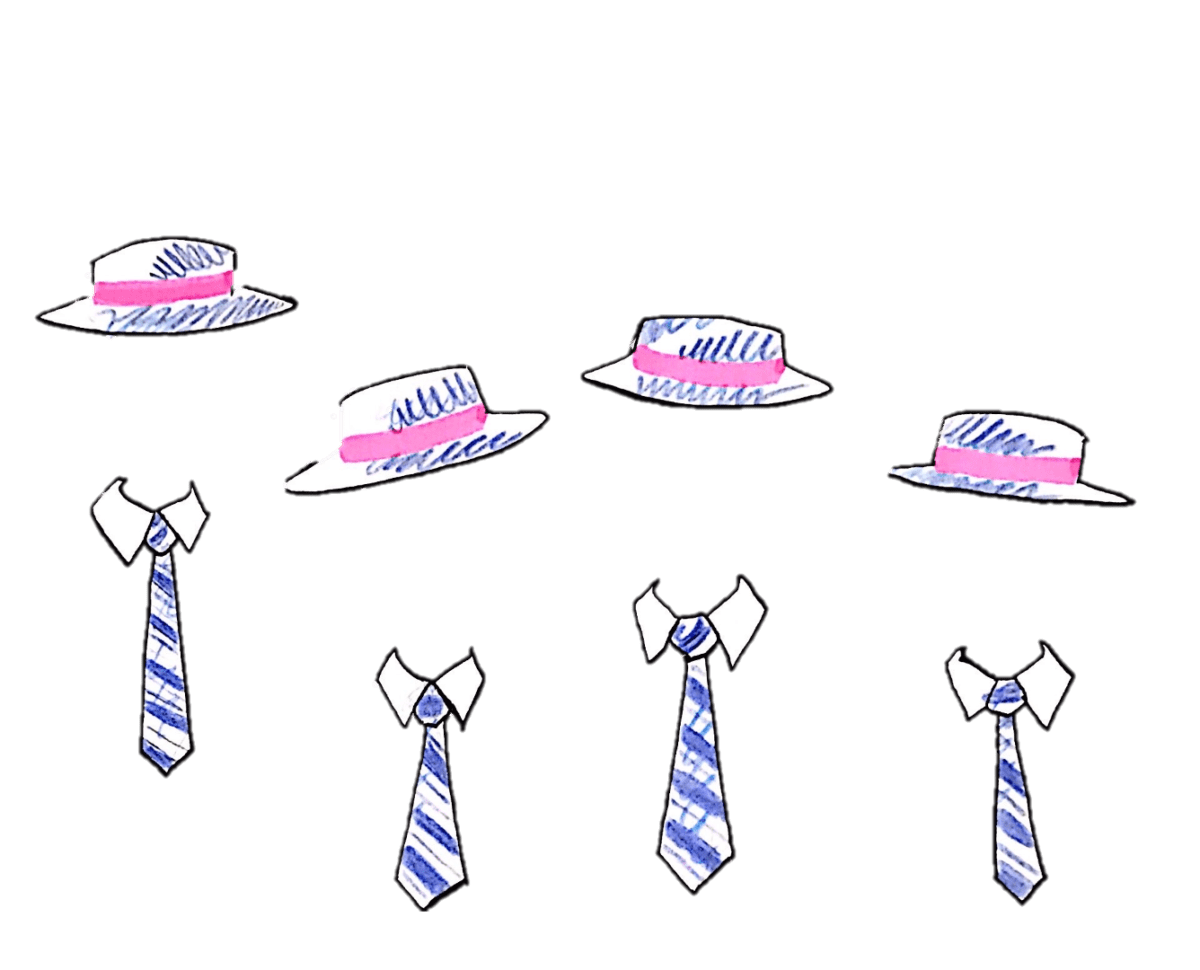I attended an all-boys private school, so one can imagine the modest level of diversity I grew up with. We were all male, we were mostly Christian, we came from middle and upper class families and most of us were white. As with many other young men who graduated from that school, the lack of diversity shaped my view of the world and ultimately of myself. I became quite conservative in my views; I valued the status-quo, rejected the idea of privilege on the basis of identity whether it be through gender, sexuality or race and I prized personal responsibility and hard work to succeed in life no matter the adversity. You might be reading this finding it rather self-indulgent but hear me out, I have a point to make.
Coming to the ANU two years ago upended my entire belief system and self-perspective. One of my immediate thoughts was how diverse the university was. The university was replete with people from all walks of life, each a product of their own distinctive past and unique upbringing. I’d met people hailing from all around Australia with a variety of life experiences and some who unfortunately were far more disadvantaged than myself. The seminal and formative political discussions at university became heated and tense at times, I will admit. However, in each conversation I gained a sliver of new insight and a new perspective. It dawned on me that my idea of the world had been shaped by my upbringing, almost blinding me to certain issues. I didn’t realise rent day brought people a lot of anxiety. I didn’t know that race was still a pertinent issue for some people. I didn’t realise that using the wrong pronouns could be hurtful. A phrase echoed by one of my friends during one such discussion will ring true to my ears everyday: “Just think about it from outside of your perspective.”
At first, I was skeptical of these issues and thought they were indicative of how young people weren’t grateful for being able to live in Australia. After all, we’re a highly developed democratic Western nation with a higher quality of life than most other countries. What’s not to like? We are indeed extremely fortunate to be able to call Australia home. However, that doesn’t mean that some people don’t have it much tougher than others. The story isn’t black and white, indeed it’s quite grey. I began to think about what being in another person’s shoes would be like. I no longer saw the world as a dichotomy between extreme privilege and lack thereof, but as a place which was incredibly complex, where the human experience could be painful, even in a lucky place like Australia.
The ability to empathise and consider someone else’s opinion shouldn’t be pursued for some individualistic, self-actualising, sanctimonious purpose. You should develop it as a general courtesy, out of respect for others in society and to make the world we live in a better place. Sympathising with others isn’t the same as studying more or improving your sporting performance. There’s a difference between self-serving learning and learning to respect other members of society. Not only does having empathy and consideration generate more respect but it also leads to more conducive and agreeable discussions around political and social issues. Disagreements and differences pertaining to political and social issues only become exacerbated with opinionated voices and regressive insults, and that applies to both sides of the political spectrum. While I don’t always agree with the other person’s opinion, I do think there’s incredible merit and power in finding a middle ground and understanding that just because you disagree doesn’t mean they’re wrong or out to attack you.
For anyone who’s been in my position and had similar experiences, you can’t change your circumstances and the cards that life dealt you. I can’t change mine either. What you can do is understand and sympathise with others who may view you as out of touch, privileged and ultimately insensitive. We all have our personal challenges that permeate class, race, gender and any other facet of identity but for those of us who have been dealt a good hand in life, I’m sure we can tolerate some initial anger and frustration in open discussions with others if it means we come to a middle ground. This is an open invitation to all conservative students (and non-conservatives) reading this to try and be more open-minded and sympathetic. I’ve been in your position and I know how satisfying it is to defend the status-quo. I know the delight in feeling righteous and noble because you used ‘logic’ and ‘reason’ while others become livid and irate, consumed by ‘trivial’ emotion. I know what it’s like to look solely through the lens of my upbringing and beliefs. Whilst you don’t have to agree with every opinion I urge you to try and search beyond your lens and see the value in considering someone else’s opinion and position. It might be disagreeable and uncomfortable to have someone point out every way you have it easier than them. See where they’re coming from and just admit it, you’re privileged. Admission of privilege is a minute demand compared to other people’s struggles. Given our fortunate position in society, it is our responsibility to extend the generosity and the courtesy of understanding others.
We acknowledge the Ngunnawal and Ngambri people, who are the Traditional Custodians of the land on which Woroni, Woroni Radio and Woroni TV are created, edited, published, printed and distributed. We pay our respects to Elders past and present. We acknowledge that the name Woroni was taken from the Wadi Wadi Nation without permission, and we are striving to do better for future reconciliation.
